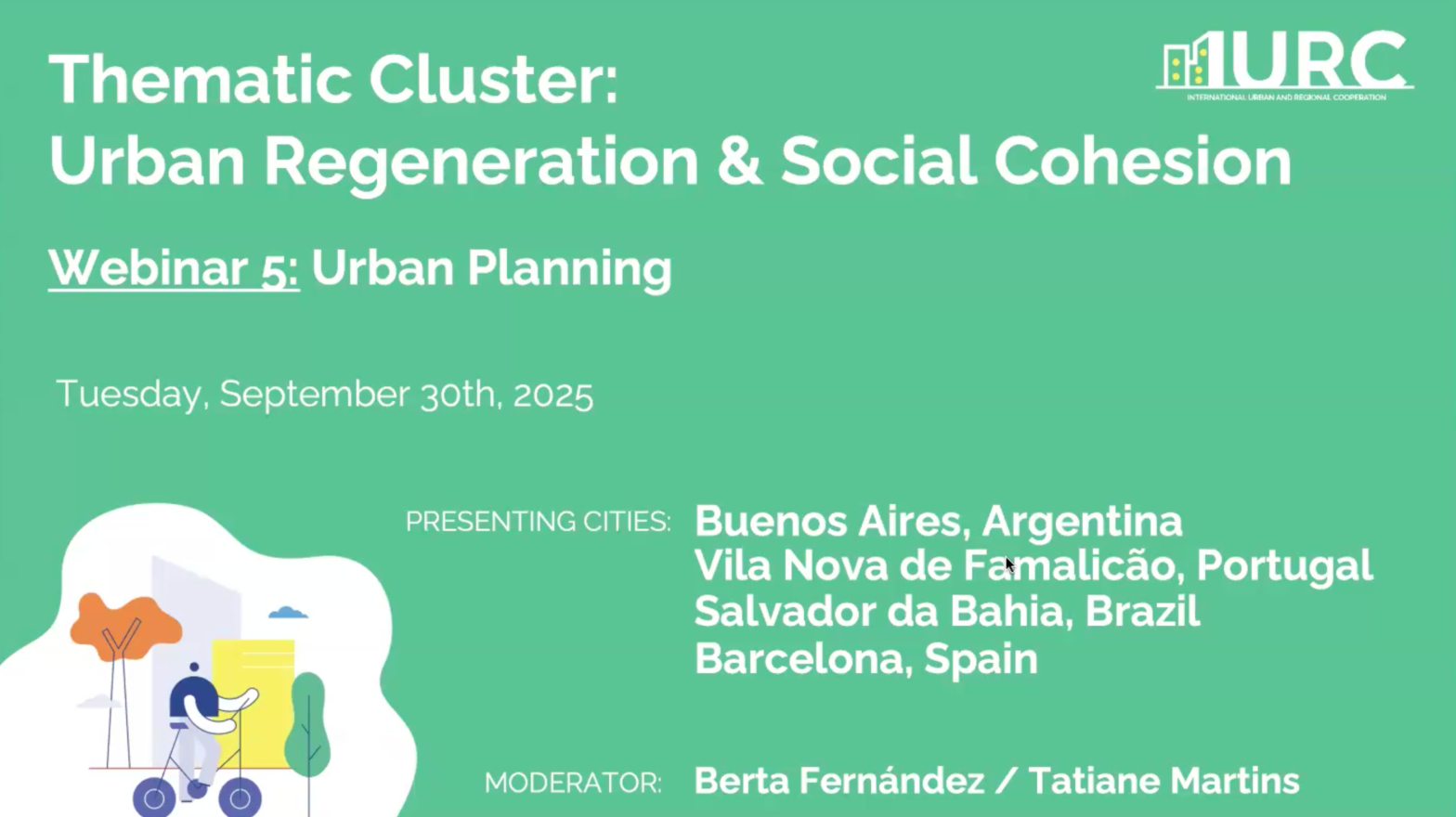On 30 September 2025, the International Urban and Regional Cooperation (IURC) Latin America programme held its fifth thematic webinar, bringing together city leaders and experts to discuss strategies for urban regeneration and social cohesion. The event attracted close to 30 registrants and featured presentations from Buenos Aires (Argentina), Famalicão (Portugal), Salvador da Bahia (Brazil), and Barcelona (Spain).
Framing the Debate: Urban Regeneration in a Changing World
The session opened with an overview by the cluster managers, who introduced the topic of urban regeneration as a driver of social cohesion, cultural inclusion, and sustainable development. They emphasized the importance of moving beyond isolated projects towards integrated urban strategies that address housing, mobility, climate change, and public space management in a holistic manner.
Buenos Aires: Revitalizing the Historic Microcentro
Buenos Aires showcased its ongoing urban revitalization plan for the Microcentro, a central 1.4 km² district that hosts over 1 million daily visitors and attracts 8 million tourists annually. With declining demand for office buildings, the city is pursuing a transformation into a mixed-use residential area. Plans include converting underutilized buildings into housing, enhancing green public spaces, creating pedestrian-friendly streets, and reinforcing the cultural fabric of the historic district. The initiative also aims to stimulate nightlife and tourism while preserving architectural heritage, balancing vibrancy with sustainability.
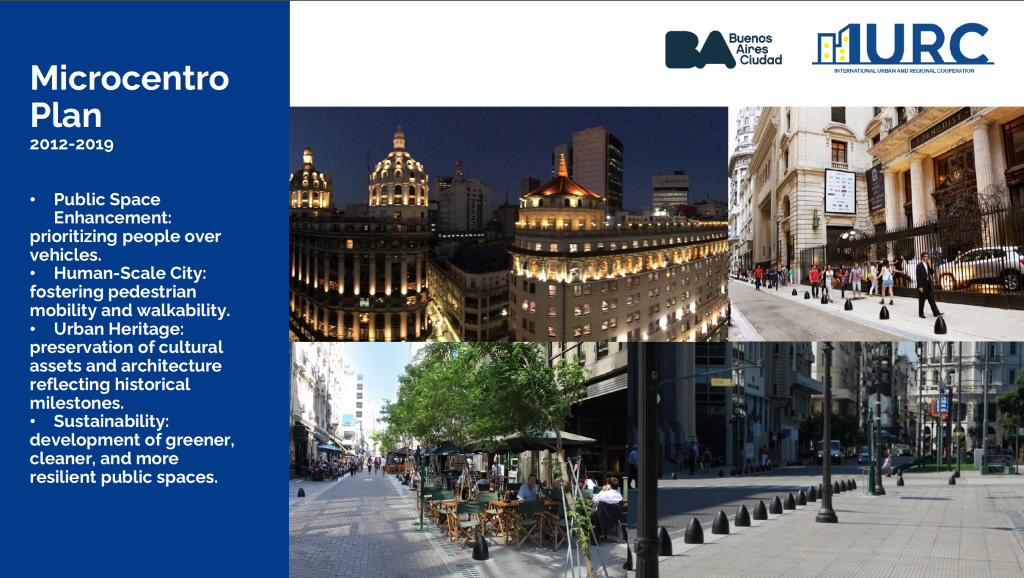
Famalicão: Smart City Data Integration for Transparency
The Portuguese city of Famalicão presented its smart city framework, emphasizing the need for interconnected digital systems rather than siloed solutions. Central to the approach is a data governance platform integrating IoT, GIS, and city management tools. Demonstrations included a platform for incident management and another for public engagement in urban planning, both designed to increase transparency and empower citizens to participate in decision-making. This strategy underlines Famalicão’s ambition to become a city where data-driven innovation directly supports inclusivity and citizen trust.
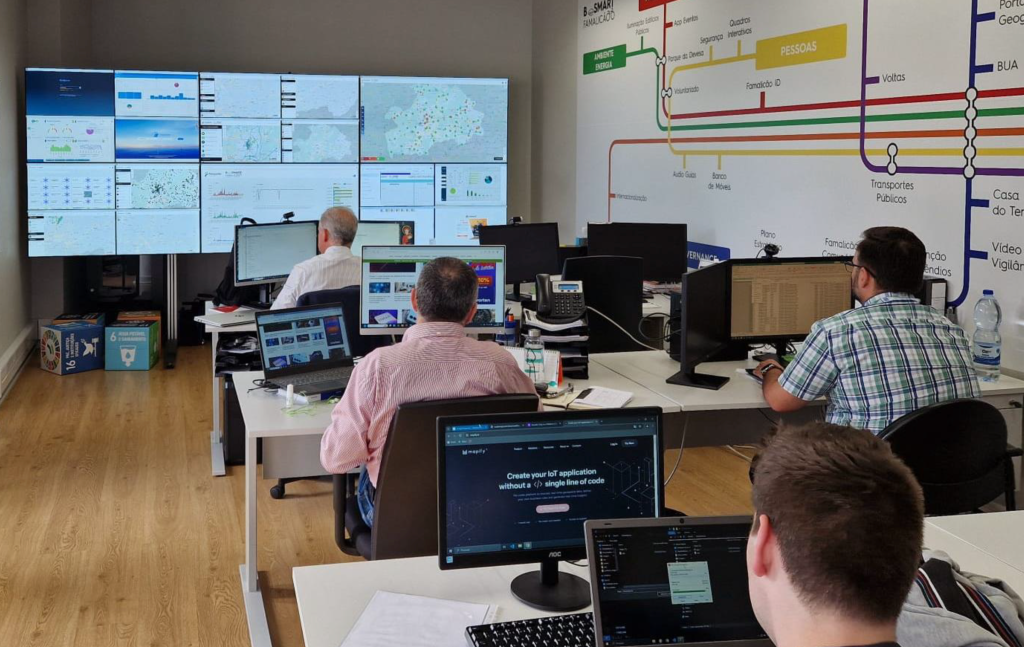
Salvador da Bahia: Culture and Cohesion in Urban Regeneration
Salvador da Bahia highlighted the link between cultural heritage and urban regeneration. Presenters emphasized how initiatives such as the Novo Mané Dendê project and Vive Salvador programme support social cohesion while tackling economic and housing challenges. Discussion touched on the integration of large-scale cultural events like Carnaval into the city’s urban planning, with questions raised on how such events can be leveraged not only for tourism but also to strengthen community ties and create lasting urban improvements.
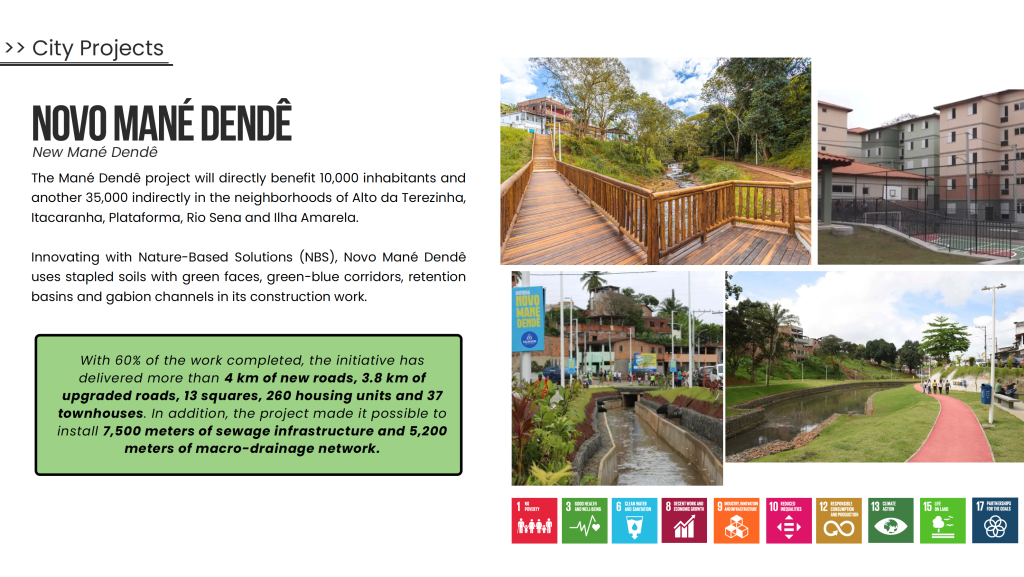
Barcelona: Innovation, Housing, and Metropolitan-Scale Planning
Barcelona provided insights from its experience with the 22@ Innovation District, where technology-driven growth has generated both opportunities and housing pressures. The city outlined current efforts to revise its 1976 Metropolitan Plan, aiming to decentralize economic activities, protect natural landscapes, and better integrate housing strategies with employment and mobility.
The discussion expanded to include how expert committees, universities, private stakeholders, and neighborhood associations are engaged in co-developing solutions. Case examples included recent collaborations (2018–2020) to address affordable housing shortages and adapt public spaces in response to climate and social challenges.
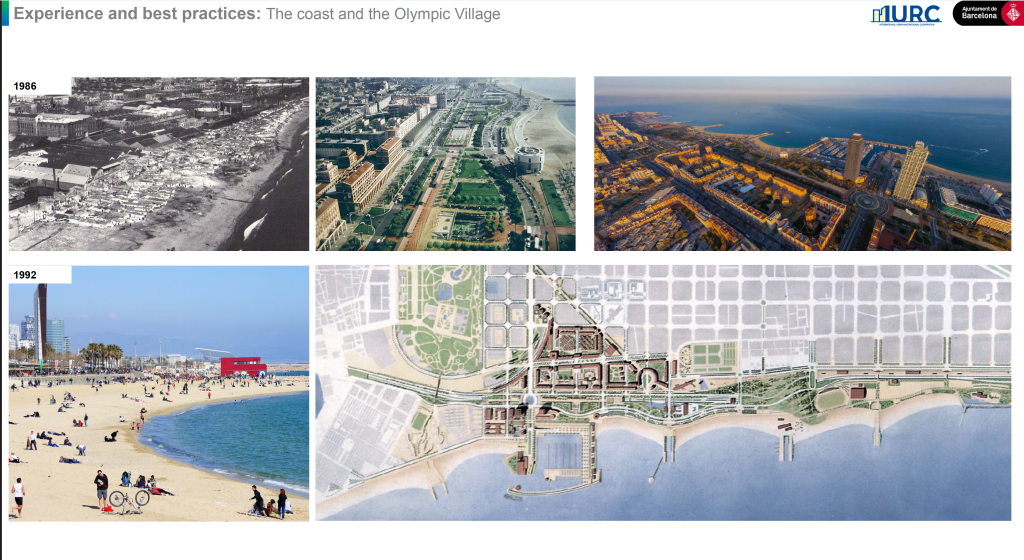
Collaborative Insights and Next Steps
The session featured an open exchange of ideas among the participating cities, including comparisons of metropolitan-scale strategies and the role of cultural and creative sectors in regeneration. Examples such as SOHO and comparisons between Barcelona and Malaga highlighted different scales and approaches to transformation.
In closing, participants were encouraged to continue exchanges ahead of the Smart City Expo World Congress (Barcelona, 3–6 November 2025), where many of these themes will be further explored in structured partnership sessions.
